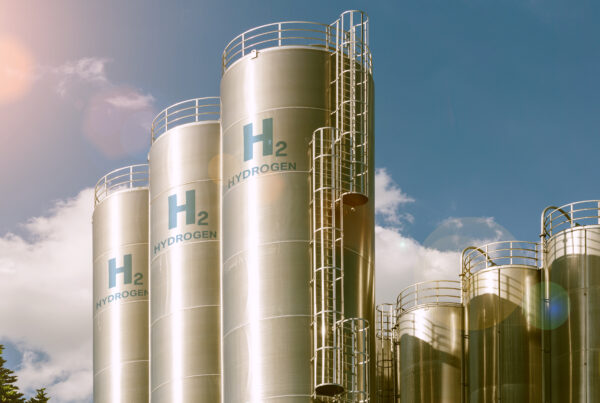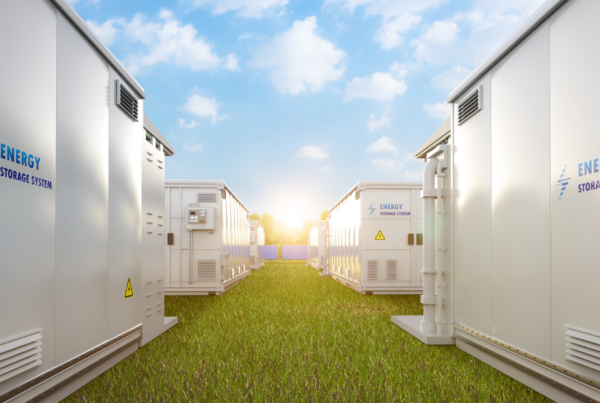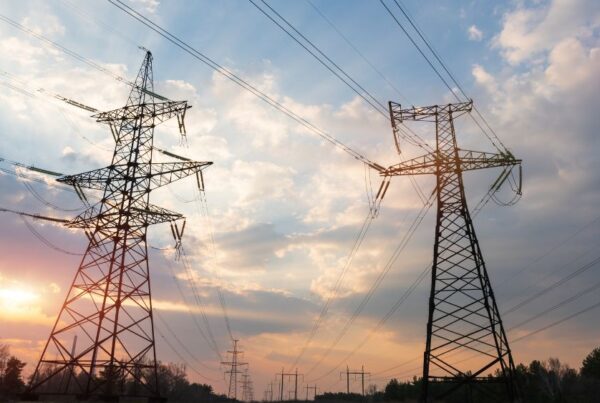
What do the results of the first round of Dutch SDE++ subsidies mean – especially now CCS has an equal competition to renewables?
On June 8th, the Dutch Ministry of Economic Affairs and Climate (EZK) announced the results of the first round of SDE++ subsidies. The 2020 round of the SDE++ was special because for the first time subsidies were awarded based on a project’s costs to abate CO2-emissions, instead of focusing on renewable energy production. This means that CCS projects are competing in the same 5 billion euros a year pot of subsidies as for example onshore wind.
Highlights include:
- CCS projects were the big winner of this round with over 2.1 billion euros in subsidies awarded
- Solar projects continued their success streak of previous SDE rounds, and were awarded 2 billion euros in subsidies for 3.5 GW
- Sustainable and low-carbon heat production fared worse, with for example geothermal energy not receiving any subsidies
- A lacking onshore wind pipeline resulted in few wind projects (107 MW) bidding into the auction this time
In this policy note we review the latest round of SDE++ results, place it in the larger context of subsidies for renewables in the Netherlands and look ahead at the upcoming October 2021 SDE++ auction.






